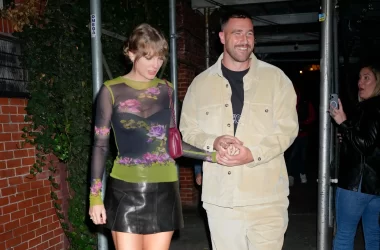In recent years, the music industry has undergone a streaming revolution that has transformed the way music is consumed and distributed. While the benefits of this revolution are clear, there are also downsides that are starting to emerge.

The rise of TikTok, a social media platform that has become known for its viral dance challenges and short-form videos, has led to a shift in the music industry towards a focus on individual songs rather than artist development. This has resulted in a potential increase in one-hit wonders, artists who achieve a single hit song but fail to sustain a long-term career.
Spotify, one of the leading streaming platforms, has acknowledged the anxiety in the industry and the potential downside of this shift. Gustav Soderstrom, the co-president of Spotify, has criticized TikTok’s focus on brief eruptions of viral fame and emphasized the power of long-term engagement. However, TikTok’s global head of music, Ole Obermann, has defended the platform’s commitment to backing artists and highlighted the success of artists who have sustained multiple Billboard hits.
A Billboard analysis shows that the percentage of one-hit wonders on the Hot 100 remained relatively constant from 2002 to 2019, with an average of 54% of acts failing to return with a second entry. However, in 2020, the portion of artists who made it into the top 40 but didn’t land a second entry was higher at 70%. Despite this, the frequency of career artists, who appear at least 10 times in the top 40, hasn’t changed much over the years. Additionally, the number of new artists appearing on the upper reaches of the chart is gently declining over time. Once artists get a breakout hit, they have roughly the same odds of eventually building a catalog of big tracks.
It’s clear that the music industry is in a state of flux, with streaming platforms like Spotify and TikTok driving significant changes in the way music is created, distributed, and consumed. While the benefits of these changes are clear, there are also downsides that need to be considered. As the industry continues to evolve, it’s important for artists, streaming platforms, and music labels to work together to ensure that the industry remains sustainable and supports the long-term development of artists.











